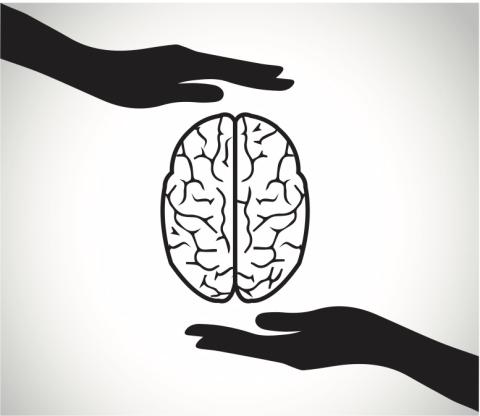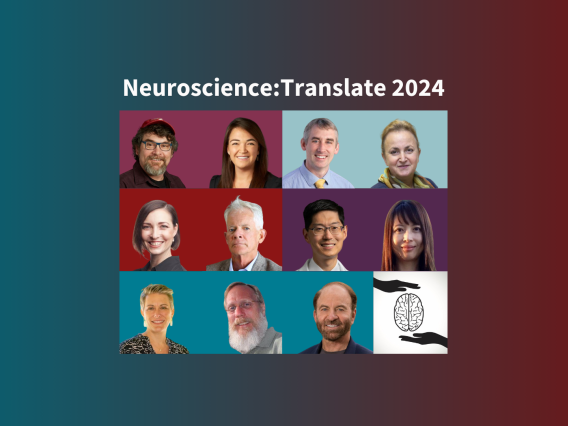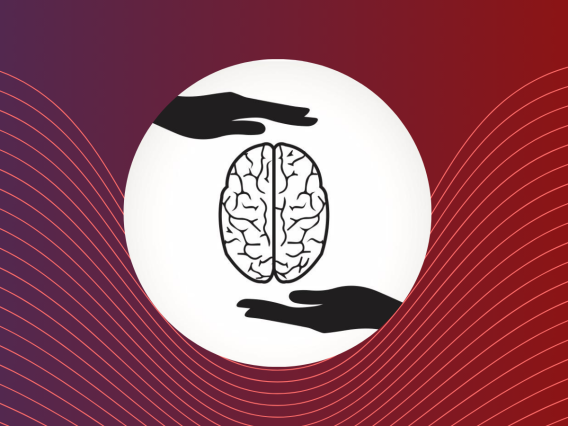The Neuroscience:Translate grant program supports research projects at the intersection of biology, engineering and medicine to address practical unmet needs in brain health and the neurosciences.
The program funds cross-disciplinary teams to develop new devices, diagnostic procedures, software, pharmaceutical therapies and other products that can be brought rapidly to market through new startup companies or partnerships with existing companies. Grants of up to $100,000 are awarded annually to approximately six teams. Teams who have previously received Neuroscience:Translate awards may apply for a one-year renewal to continue advancing their technology.
This program was inspired by the successful Stanford Coulter Translational Research program, a partnership between Stanford Bioengineering and the Coulter Foundation managed by the Stanford Byers Center for Biodesign. The Wu Tsai Neurosciences Institute partners with Stanford Biodesign to bring this approach and expertise to bear on the field of neuroscience and brain diseases, with guidance from a Neuroscience:Translate oversight committee comprising scientific and industry leaders in biotechnology development.
Funded Neuroscience:Translate projects
New Thrombectomy Device for Endovascular Neurosurgery
This team will use their Neuroscience:Translate award to develop an entirely new class of ischemic stroke treatment device that will lead to improved clot extraction to improve the success of endovascular thrombectomy.
Deep learning for automated seizure localization
Extracochlear neurostimulation - Auricle
Sensorineural hearing loss is an increasingly prevalent condition that causes disability to over a third of US adults aged over 65. We are developing a breakthrough device to restore high-frequency hearing that preserves residual hearing through a reversible and minimally invasive approach.
Clinical translation of protein-engineered, matrix-mimetic nerve guidance conduits for peripheral nerve injury
Developing a protein-engineered nerve implant that mimics the biochemical and mechanical cues of native tissue in order to enhance the potential for neural regeneration following injury.
Autism digital therapy with embedded endpoints and artificial intelligence for progress tracking and adaptive care - Renewal
Programmable RNA editing in Parkinson’s disease therapy
This team will use their Neuroscience:Translate award to employ a novel therapeutic technique to correct pathogenic mutations causing Parkinson’s disease.
CPStim: Optimized non-invasive brain stimulation for chronic pain
Remote reliable measurements of movement using a Bluetooth enabled engineered keyboard solve an unmet need in neurological diseases
This team is developing a device that will enable accurate diagnosis of Parkinson’s disease via telemedicine. They initially introduced the technology of Quantitative DigitoGraphy (QDG) using a repetitive alternating finger tapping (RAFT) task on a musical instrument digital interface (MIDI) keyboard and will use Neuroscience: Translate funding for the next stage of device development.


